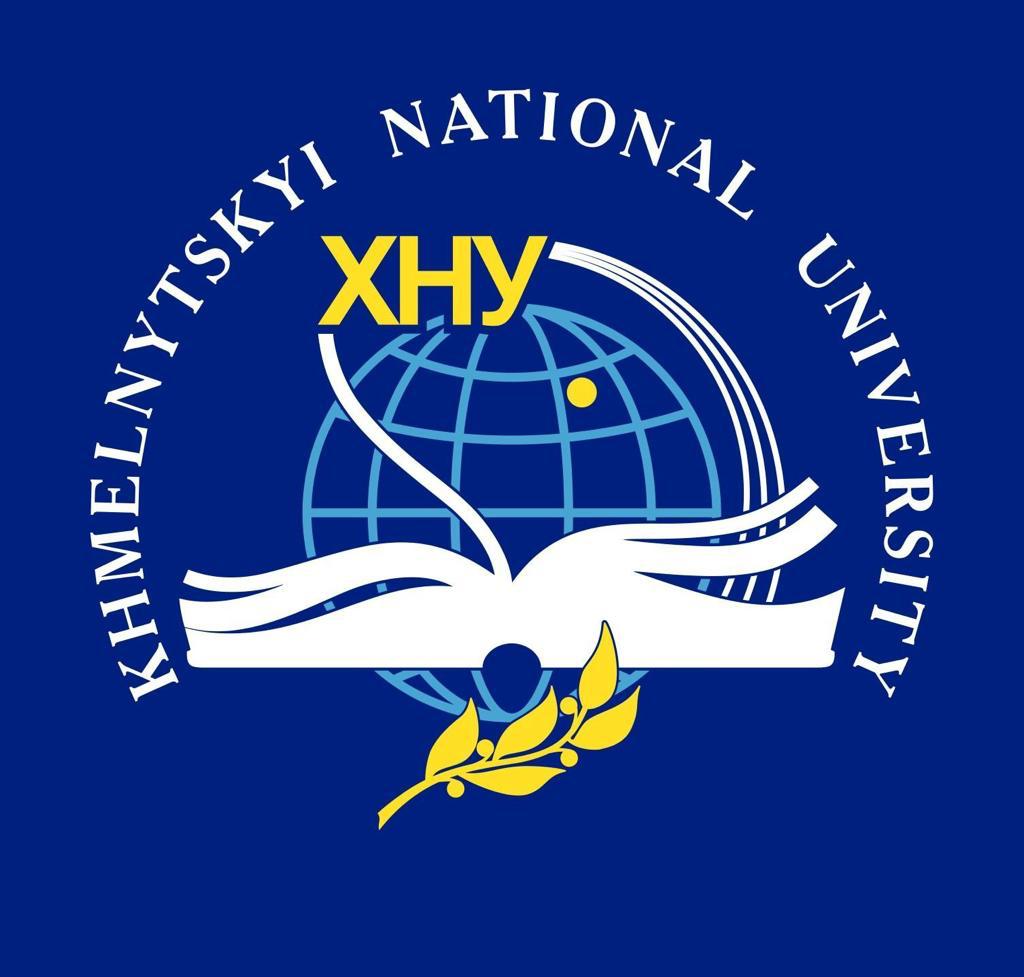ПРОФЕСІЙНА МОБІЛЬНІСТЬ ФАХІВЦІВ ФІЗИЧНОЇ КУЛЬТУРИ В УМОВАХ ЄВРОІНТЕГРАЦІЇ
DOI:
https://doi.org/10.31891/pcs.2024.4.1Ключові слова:
професійна мобільність, фахівець фізичної культури, євроінтеграція, здоров'язбереження молоді, професійна діяльністьАнотація
Реалії сьогодення налаштовують заклади вищої освіти фізкультурного профілю на підготовку конкурентоспроможніх фахівців, які зможуть адаптуватись до змінних умов праці, здатних до професійної мобільності, що оволоділи високим рівнем теоретичних знань і практичних умінь та відповідають рівню висококваліфікованих фахівців європейського зразка. У статті обґрунтовано важливість професійної мобільності, яка вимагає модернізації вищої фізкультурної освіти і направлення її на підготовку високопрофесійних фахівців галузі фізичної культури і спорту. Формування професійної мобільності майбутніх фахівців фізичної культури – це сукупність принципів, методів і засобів, які використовуються в процесі навчання для розвитку в майбутніх фахівців здатності до постійного професійного зростання, адаптації до змін та готовності до нових викликів у сфері фізичної культури і спорту. У поданому дослідженні ми з’ясували, що формування професійної мобільності фахівців – це складний і багатогранний процес, який вимагає системного підходу та залучення різних засобів і методів навчання.
Практико-орієнтоване навчання є невід’ємною частиною підготовки фахівців фізичної культури, сприяє формуванню висококваліфікованих спеціалістів, готових до роботи в динамічному спортивному середовищі, завдяки практичному досвіду випускники мають більше шансів на успішну кар’єру та професійне зростання. Цей вид навчання тісно пов'язаний з професійною мобільністю, формує творчого фахівця, який самостійно приймає рішення, вміє аналізувати ситуації, застосовувати отримані знання на практиці, здатний до нових викликів у сфері фізичної культури і спорті. У даному дослідженні ми визначили та охарактеризували компоненти професійної мобільності (мотиваційний, когнітивний, діяльнісний, рефлексивний) та подали чітке обґрунтовування необхідності їх застосування.
Ми розробили педагогічні умови, їх реалізація дозволить підготувати фахівців, які будуть здатні успішно працювати в динамічному середовищі сучасного спорту. Нами обґрунтовано, що при реалізації методичних засад необхідно у навчальні програми включити дисципліни, спрямовані на розвиток професійної мобільності (наприклад, "Інноваційні технології в спорті", "Психологія спорту", "Менеджмент у спорті"). У практичній підготовці рекомендуємо організовувати виробничі педагогічні практики, стажування, воркшопи, що дозволяють студентам отримати досвід роботи в різних умовах. Обов’язковим елементом при підготовці фахівців фізичної культури є науково-дослідна діяльність, яка включає залучення студентів до проведення наукових досліджень, написання статей, участі у конференціях, виступів на круглих столах. Створення системи менторства дозволить молодим фахівцям отримати підтримку досвідчених колег та організувати активну професійну спільноту фахівців (тренерів) для обміну досвідом, підтримки, обміном ідеями та новими методиками навчально-тренерської діяльності.
Посилання
Denisenko, N. (2021). Theoretical and methodical principles of formation of professional mobility of future teachers of physical culture. (Dissertation of Doctor of Pedagogical Sciences). National Pedagogical University named after M. P. Drahomanova, Kyiv.
Kvasnytsia, I. (2021). Formation of professional mobility of future trainers-teachers in sports in institutions of higher education. (Dissertation of Doctor of Philosophy). Khmelnytskyi/
Kvasnytsia, O., Kvasnytsia, I., Flerchuk, V. (2022) Formation of professional mobility of a physical culture and sports specialist during practice / Scientific journal of M. P. Drahomanova Issue 3 (148) P. 56-61.
Nichkalo, N. (2014). Development of professional education in the conditions of globalization and integration processes: monograph. Kyiv: Publishing House of the NPU named after M. P. Drahomanova.
Prystupa E., Kryshtanovich S. Professional mobility of future physical education teachers as a condition for competitiveness in the provision of educational services / Educational horizons No. 2 (51), 2020. P. 105-109.
Rebrina, A., Ferenchuk, B. (2016). The principle of technology and innovation in the process of professional training of future trainers. New learning technologies, 88 (2), 173 – 176.
Hirschi, A., & Valero, D. (2015). Career adaptability profiles and their relationship to adaptivity and adapting. Journal of Vocational Behavior, 88, 220-229. doi: 10.1016/j.jvb.2015.03.010
Gomes, L., Rangel, A., & Jerônimo, L. (2010). A study of professional mobility in a large corporation through cognitive mapping. Pesquisa Operacional. V. 30, n.2. 331–344. Maio a Agosto de 2010. URL:
Завантаження
Опубліковано
Номер
Розділ
Ліцензія
Авторське право (c) 2024 Олена СОГОКОНЬ , Олександр КИРИЛЕНКО

Ця робота ліцензується відповідно до ліцензії Creative Commons Attribution 4.0 International License.





